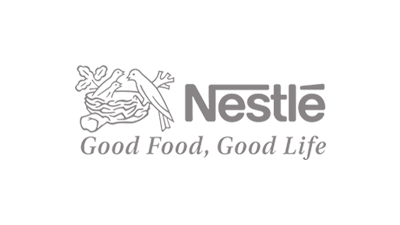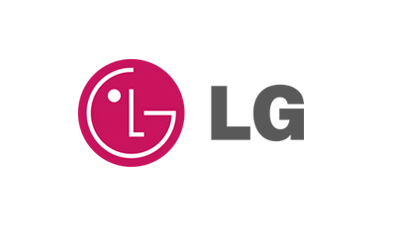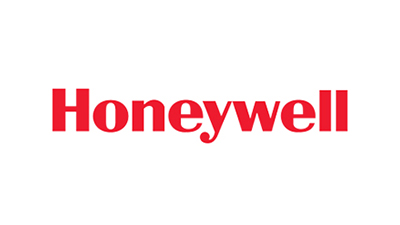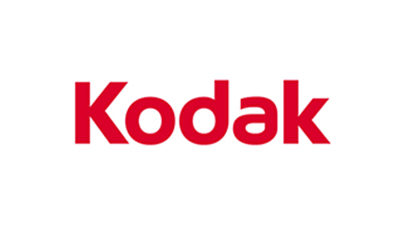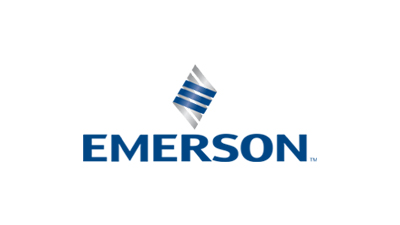The global Pea Protein market is valued at million US$ in 2018 and will reach million US$ by the end of 2025, growing at a CAGR of during 2019-2025. The objectives of this study are to define, segment, and project the size of the Pea Protein market based on company, product type, end user and key regions. This report studies the global market size of Pea Protein in key regions like North America, Europe, Asia Pacific, Central & South America and Middle East & Africa, focuses on the consumption of Pea Protein in these regions. This research report categorizes the global Pea Protein market by top players/brands, region, type and end user. This report also studies the global Pea Protein market status, competition landscape, market share, growth rate, future trends, market drivers, opportunities and challenges, sales channels and distributors. The following manufacturers are covered in this report, with sales, revenue, market share for each company: Emsland Group Roquette Cosucra Nutri-Pea Shuangta Food Yantai Oriental Protein Tech Shandong Jianyuan Foods Shandong Huatai Food Market size by Product Pea Protein Isolates Pea Protein Concentrated Market size by End User Dietary Supplement Baked Goods Healthy Food Pet Food Other Market size by Region North America United States Canada Mexico Asia-Pacific China India Japan South Korea Australia Indonesia Singapore Malaysia Philippines Thailand Vietnam Europe Germany France UK Italy Spain Russia Central & South America Brazil Rest of Central & South America Middle East & Africa GCC Countries Turkey Egypt South Africa The study objectives of this report are: To study and analyze the global Pea Protein market size (value & volume) by company, key regions, products and end user, breakdown data from 2014 to 2018, and forecast to 2025. To understand the structure of Pea Protein market by identifying its various subsegments. To share detailed information about the key factors influencing the growth of the market (growth potential, opportunities, drivers, industry-specific challenges and risks). Focuses on the key global Pea Protein companies, to define, describe and analyze the sales volume, value, market share, market competition landscape and recent development. To project the value and sales volume of Pea Protein submarkets, with respect to key regions. To analyze competitive developments such as expansions, agreements, new product launches, and acquisitions in the market. In this study, the years considered to estimate the market size of Pea Protein are as follows: History Year: 2014-2018 Base Year: 2018 Estimated Year: 2019 Forecast Year 2019 to 2025 This report includes the estimation of market size for value (million US$) and volume (K MT). Both top-down and bottom-up approaches have been used to estimate and validate the market size of Pea Protein market, to estimate the size of various other dependent submarkets in the overall market. Key players in the market have been identified through secondary research, and their market shares have been determined through primary and secondary research. All percentage shares, splits, and breakdowns have been determined using secondary sources and verified primary sources. For the data information by region, company, type and application, 2018 is considered as the base year. Whenever data information was unavailable for the base year, the prior year has been considered.
Table of Contents 1 Study Coverage 1.1 Pea Protein Product 1.2 Market Segments 1.3 Key Manufacturers Covered 1.4 Market by Type 1.4.1 Global Pea Protein Market Size Growth Rate by Product 1.4.2 Pea Protein Isolates 1.4.3 Pea Protein Concentrated 1.5 Market by End User 1.5.1 Global Pea Protein Market Size Growth Rate by End User


